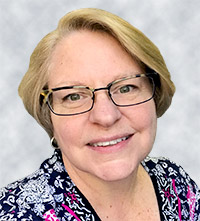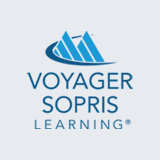After time away from live classroom instruction and what middle schoolers knew as the “norm,” how can we make the transition back to school easier, to engage students in learning immediately, and to effectively create literacy success for all students?






